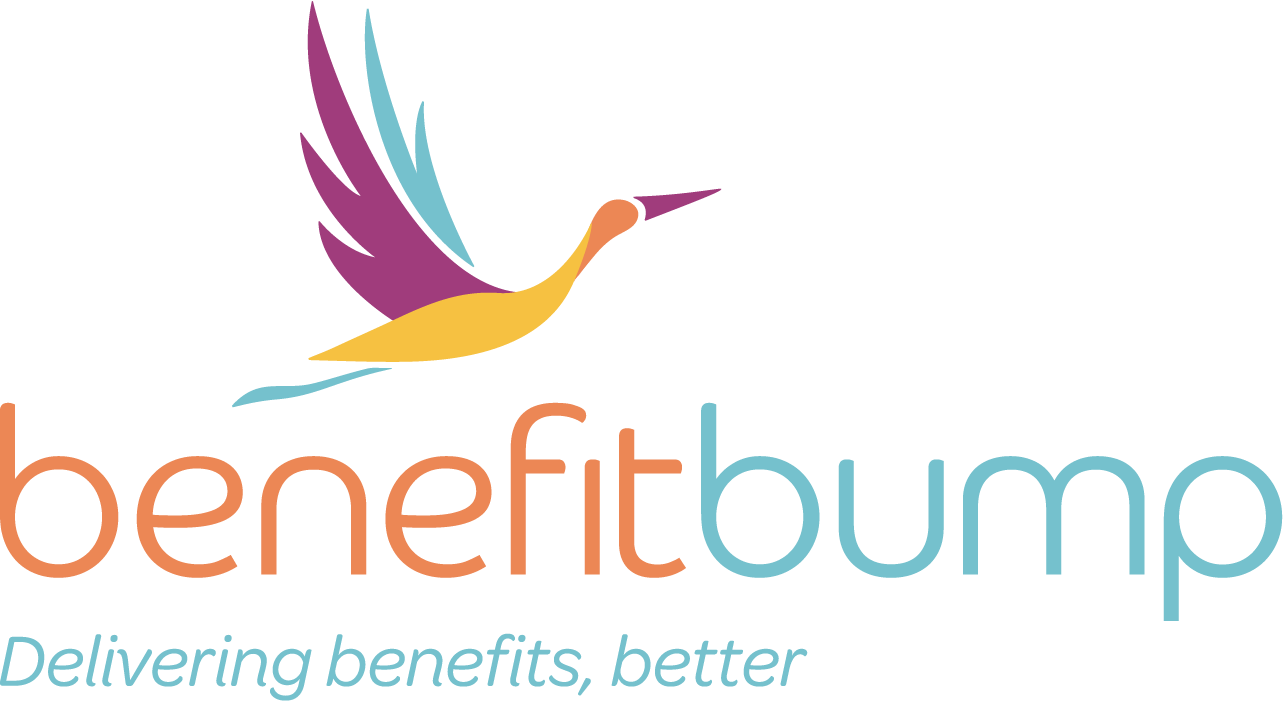Exploring Leave Options After Pregnancy Loss
It can be tough to return to “normal” life after a pregnancy loss. Going back to work is one of those transitions that some may consider a welcome distraction while others may feel like they’re being forced back before they’re ready. It is important to take the time you need to recover emotionally and physically. In the United States, there is considerable variation by state and organization and no statutory Family and Medical Leave after a stillbirth. Since some employers do not consider pregnancy loss under the definition of disability, you may need to find creative ways to take additional time off.
Things to Consider
Timing Differs Depending on Type of Loss: It’s not uncommon for women who have had an early miscarriage to need just a few days off work to physically recover, while a woman who has had a stillbirth, ectopic pregnancy loss, or c-section will need more time. The birth mother’s emotional anguish after a miscarriage or stillbirth is often compounded by physical pain, which, depending on the circumstances and the medical procedures involved, might last weeks.
Type of Work: If you have a physically demanding job that requires you to lift heavy objects, you will need longer to recover physically before returning. Coordinate your return-to-work timing with your doctor in order to allow for a full recovery.
Your Emotional Wellbeing: Pregnancy loss is a highly personal experience. Some people feel emotionally unprepared to go back to work after a pregnancy loss and may need more time and counseling to cope. This is to be expected after a loss and is a normal, healthy part of your recovery. If your company has an Employee Assistance Program, (EAP) it is a great resource that often provides free counseling sessions.
Research has found that pregnancy loss is associated post-traumatic stress, depression, anxiety, and sleeping disorders. Although such symptoms usually diminish over the first year, some parents will experience an extended state of heightened mourning known as “complicated grief.”
Explore Your Options
Talk to Your Manager: You may be tempted to keep your loss to yourself, but having at least one person at work who knows your situation and can provide resources on your company’s time-off policies is very helpful. Let your manager know exactly what you are comfortable sharing with co-workers, if anything.
Ask About a Gradual Return: If your employer is willing, you could make a gradual return to work. You could start by working at home if your position allows, then return for shortened days before going back to your regular schedule. If your employer cannot accommodate an adjusted schedule, you could coordinate with your doctor to make your return-to-work date a Thursday or Friday so that you have a shortened work week.
Reasonable Accommodations - Under the Americans with Disabilities Act (“ADA”), you may have the right to a reasonable accommodation at work following a miscarriage. However, in order for a miscarriage to be considered a disability under the ADA, it must “substantially limit a major life activity.” Many miscarriages may not meet this definition but yours may. It may be worth exploring your options.
Use Sick Leave and Vacation Time: Reach out to your manager, your HR partner, or access your online time off tracking system to find out how much sick and vacation time you have available. Be sure to take the amount of time you need to recover physically and emotionally.
Take unpaid leave: The Family Medical Leave Act or FMLA is job protection for your own serious health condition. You may be eligible for FMLA job protection after perinatal loss, and able to take unpaid leave. If you are still having physical symptoms talk to your doctor about taking FMLA leave. If you are still emotionally distraught and working with a therapist, they can help you get the time off you need to recover emotionally. Check with your HR Manager to make sure you qualify based on the amount of time you have worked at your employer. They can also help you locate the paperwork to fill out and submit. Your BenefitBump care team is also available to assist with submitting your FMLA paperwork.
Your Care Team at BenefitBump is here to offer emotional and logistical support as you navigate the impact that this loss has on your return-to-work. Please do not hesitate to reach out to your Care Navigator for additional resources.
